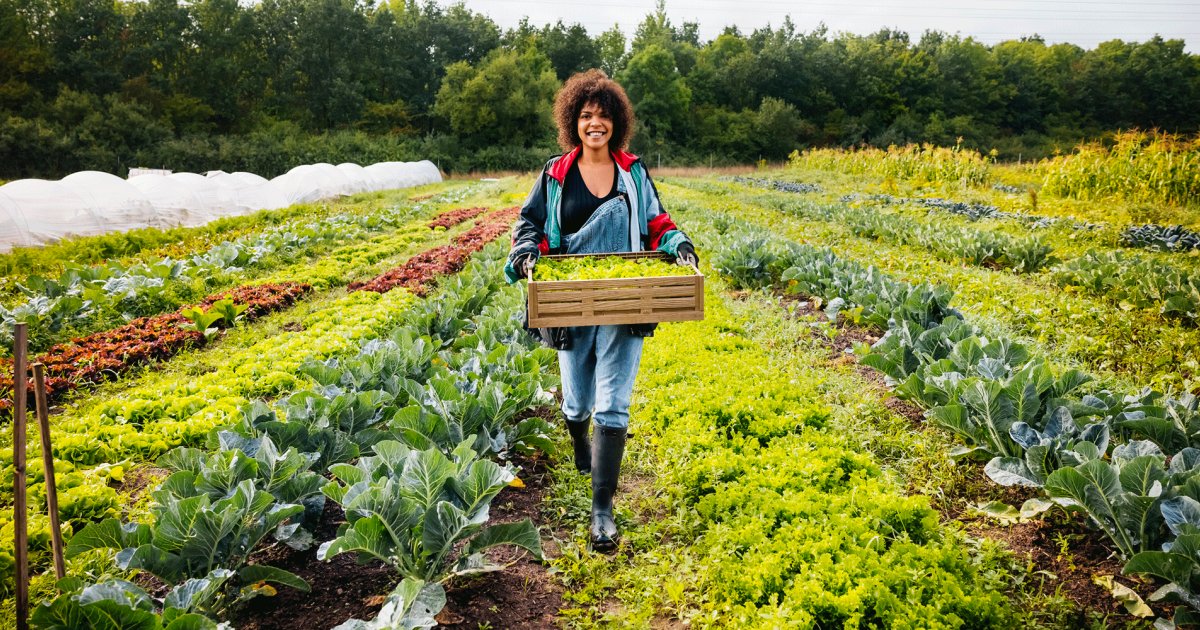Did you know that the placement of plants in your vegetable garden can play a key role in their growth? Some combinations of fruits and vegetables can be beneficial, while others can lead to unsatisfactory results or even endanger the health of your crops.
Vegetable garden:
when and what to sow when you start?
When we get down to gardening it is better to start with vegetables which require little maintenance. Radishes, lettuces, zucchini, tomatoes, herbs and green beans are recommended choices for beginners, according to the expert advice of garden specialists for this site aujardin.info.
Also encourage sowing according to their seasonality. Some seeds should be sown early in the spring, while others prefer to wait until late in the season. For a healthy vegetable garden, do not hesitate to ask for advice from gardening experts.
Mulch is highly recommended to promote the growth of your plants and reduce competition for water and nutrients. Once you’ve mastered these basics, you’re ready to move on to the next level: plant combinations to avoid.
Read also
8 flowers to plant in spring to make your garden bloom
Do not plant fruits and vegetables next to each other
Some plant combinations may promote growth and protect crops from pests, while others may cause competition for resources or increase the risk of disease.
For example, garlic should not be planted near peas, beans or cabbage, while asparagus should not be near onions.
Similarly, beets should not be planted near beans and climbing plants. On the other hand, you should avoid broccoli along with lettuce, strawberries and tomatoes. Brussels sprouts and strawberries do not go together even in the vegetable garden.
There are also carrots that should not be planted next to dill, or leeks that should stay away from beets, cabbage, beans, broad beans and broccoli. It is also not recommended to plant radishes near vines and hyssop or tomatoes next to fennel, potatoes and cabbage.
By avoiding these unfortunate associations, you’ll promote the growth and health of your plants and maximize your vegetable garden’s yields.
Read also
- What plants to plant in summer?
- What plants repel mosquitoes?

